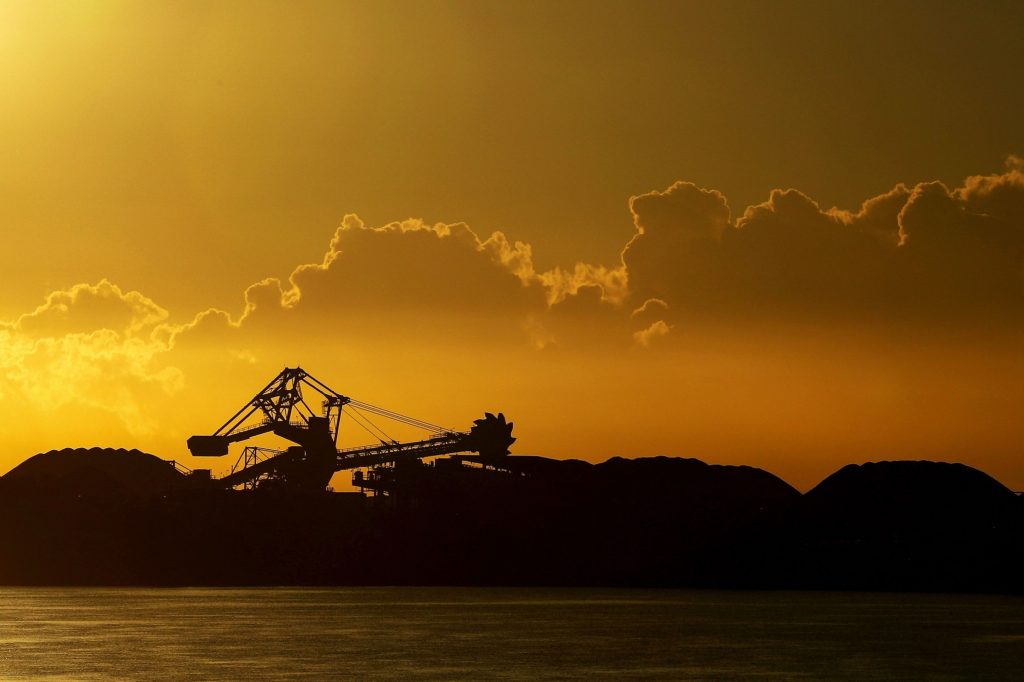RIO DE JANEIRO, BRAZIL – After Brazil achieved solid estimated growth figures in 2021 (+4,5%), with record exports, record tax revenues, rising investments, and the lowest primary deficit in years, the question for many is what will happen in 2022.
The political left and their lackeys in the local and international mainstream media will try to hammer into your head every week that Brazil is on the brink economically (e.g. inflation) and try to prove this absurdity with reality distortions and so-called “experts,” often people on the left’s payroll, who systematically badmouth Brazil and the Bolsonaro government wherever they can.
2022 is an election year and conservative incumbent President Jair Bolsonaro is being challenged by leftist Lula da Silva (yes, the same one for almost 20 years) and the vast leftist establishment that has ruled this country for most of this century and see it as some sort of “birthright” to continue to do so.

FOLLOW THE (SMART) MONEY
But the reality is, in a sudden and – given the low prices – foreseeable reversal, the Ibovespa index has rallied over the past two weeks, at a time when stock prices around the world have generally been falling.
Investors interested in Brazil are loosening their purse strings because they expect higher profits, no matter what theoretical growth, inflation, and production figures and estimates are currently circulating in the media.
Thus, Brazil’s main stock market index has returned to the level of 110,000 points that it lost last October, and has recorded a 6% increase in January.
This movement is directly supported by a reality relevant to Brazil: the commodities negotiated by the country, which began the year with favorable prices.
One of the main products of Brazil’s trade balance, iron ore, approached US$130 last week, while the price of a barrel of Brent oil exceeded US$90 on Wednesday, January 26, for the first time since 2014.
News like this justifies the optimism in shares of mining company Vale, up 7.9% year-to-date, steelmaker CSN, up 4%, and oil companies Petrobras and PetroRio, up 19% and 14.1%, respectively.
“The global economic recovery and OPEC’s low inventories have made oil more expensive,” says Adriano Pires of the Brazilian Infrastructure Center. “Oil companies around the world are making gains.”
The determination with which Petrobras President Joaquim Silva e Luna has met political pressure to intervene in fuel prices is also seen as a positive by the market.
On the mining side, the scenario is supported by the prospect of growth in China, albeit at a slower pace. Analysts believe that the country will soon start a recovery in iron ore consumption, which should push the price of the product to US$150.
“The government is continuing its project to integrate the provinces, with high-speed roads and railroads and projects to transform infrastructure with charging stations for electric cars. All of this requires steel,” says Gilberto Cardoso, CEO of Singapore-based consultancy Tarraco Commodities Solutions.
“That’s good news for the Brazilian stock market because investors from all over the world are paying attention to the sectors involved in these deals.”
Adding to the good sentiment is the fact that agricultural commodities hit record highs in January. Soybeans, the country’s main export, have already sold 1.729 million tons in the first three weeks of the month, a volume close to the historic record for January 2019, when it reached just over 2 million tons.
Prices are also helping with a 23.8% year-over-year increase. Dollar quotes for corn, beef, and chicken are up 25%, 15%, and 10%, respectively, from January 2021.
Despite the good winds for commodity companies, there is also reason for caution. On Tuesday, May 25, the International Monetary Fund (IMF) revised its expectation for global GDP growth this year to 4.4%, down 0.5 percentage points from its previous forecast.
A key reason for this is the expectation that China will grow by 0.8 points less than expected and expand by 4.8% in 2022. With the country implementing a zero-tolerance policy for Covid-19 and localized closures, the new variant is already negatively impacting global supply chains.
Even manufacturing in the Brazilian countryside is already feeling the shortage of products and machinery. In other words, in the short term, the positive potential of the expansion of the Chinese economy over others could be affected.
But this is a problem for every country and not a specifically Brazilian problem.
Another important factor is the fact that the prospects of the national agricultural economy are affected by the drought, which mainly affects the south of the country and is due to the climate phenomenon La Niña.
In December and January, the lack of rain in the region had a strong impact on the grain harvest. “Certainly, 30 million tons have already been lost,” says Roberto Rodrigues, the former agriculture minister.
The Brazilian economy will urgently need a good performance from the agricultural industry to maintain a positive GDP in 2022. Consulting firm MB Associados projects that agribusiness GDP will grow 4.5% this year, compared with a 1% decline last year.

